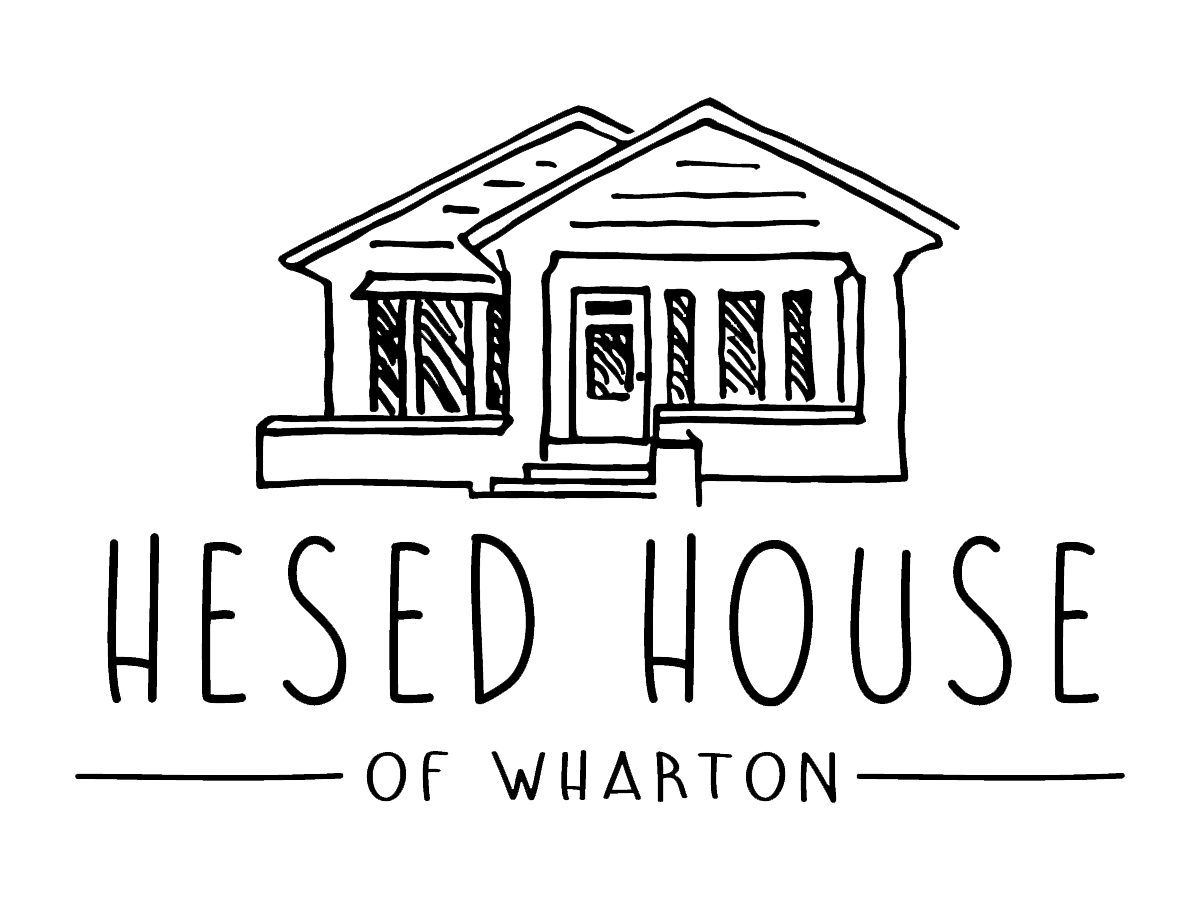Neighbors Helping Neighbors
One of the most challenging aspects of working long-term disaster recovery in a rural community is the relationship recovery workers have to community members in recovery. In fact, I would argue that this is the greatest reward but also greatest toll on those of us working recovery in our own rural communities.
It is rewarding to see families begin to regain a sense of normalcy and stability as they recover homes and begin to heal the personal toll the disaster has taken on their lives. But then there is the flip side: the families who for whatever reason, encounter roadblock after roadblock, with the recovery process getting delayed and even derailed.
Local long-term recovery can only happen with the engagement of local community members. In small communities, that means those of us working recovery are assisting and advocating for old classmates, family, neighbors, and community members representing various other relationships. These relationships are what makes recovery work intensely rewarding, often heartbreaking, and always personal. Tensions and conflicts arise when these relationships butt up against the parameters and restrictions placed on long-term recovery groups by policies and procedures set in place by FEMA, our funding partners, as well as best practices for long-term recovery.
While local recovery workers are often the first to bear the frustrations of survivors, they are also the first to advocate for them within a system that is difficult to navigate, filled with hurdles and pitfalls, and often has a finish line that feels like it keeps getting moved.
As we find ourselves approaching the three year anniversary of Hurricane Harvey, it is easy for people who were not affected or who have not worked recovery to reflect back on those harrowing first days of the disaster and find themselves reminiscent of the heroic communitywide efforts to pitch in, as well the hundreds of volunteers who poured in wanting to help. Those were days, that even in the midst of immense devastation, we found ourselves buoyed by hope because we felt supported. But on this anniversary, it is important that we not just look back, but look around and see the need that is still present and work still being done. There are community members among you whose lives were changed by Hurricane Harvey not because their homes flooded, but because yours did. They are still working. And our community is stronger is stronger because of them.

